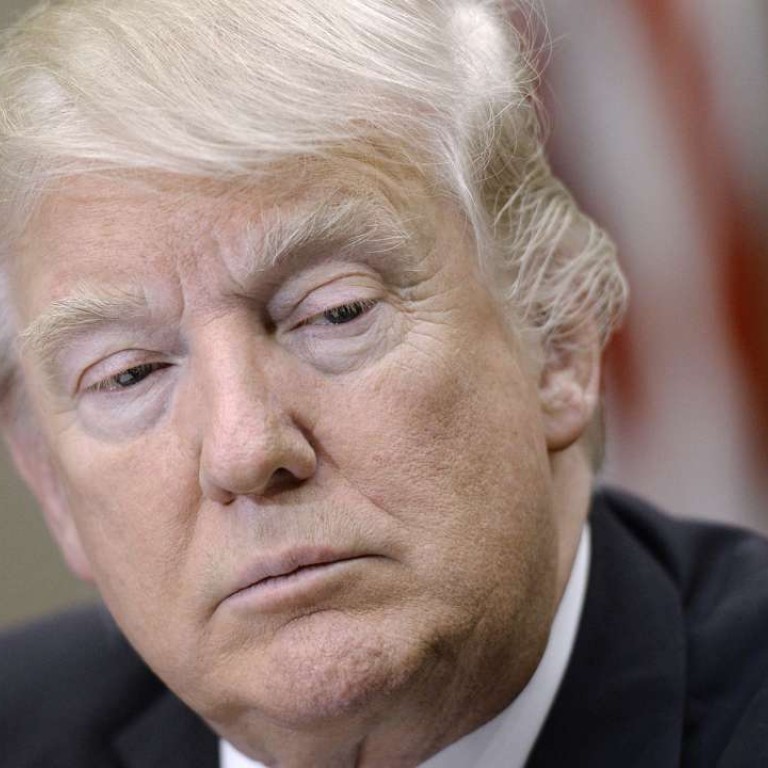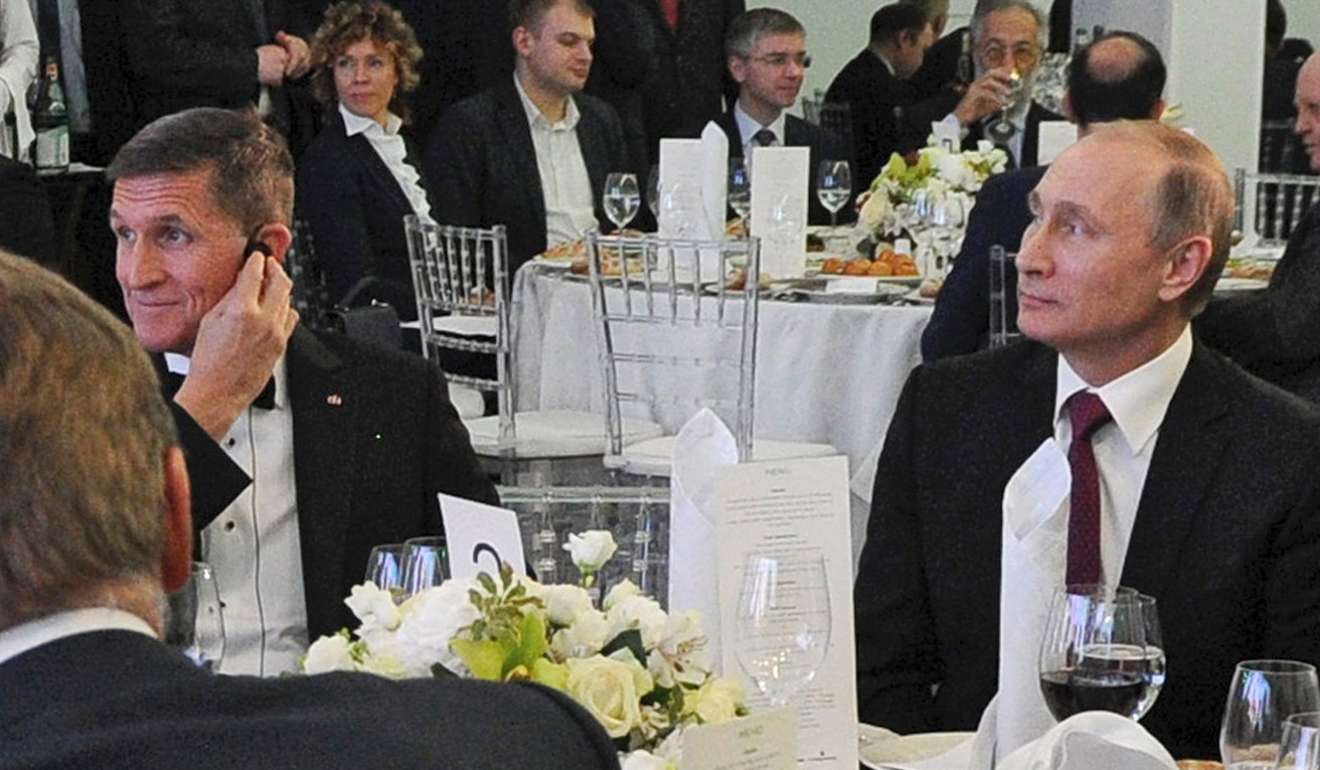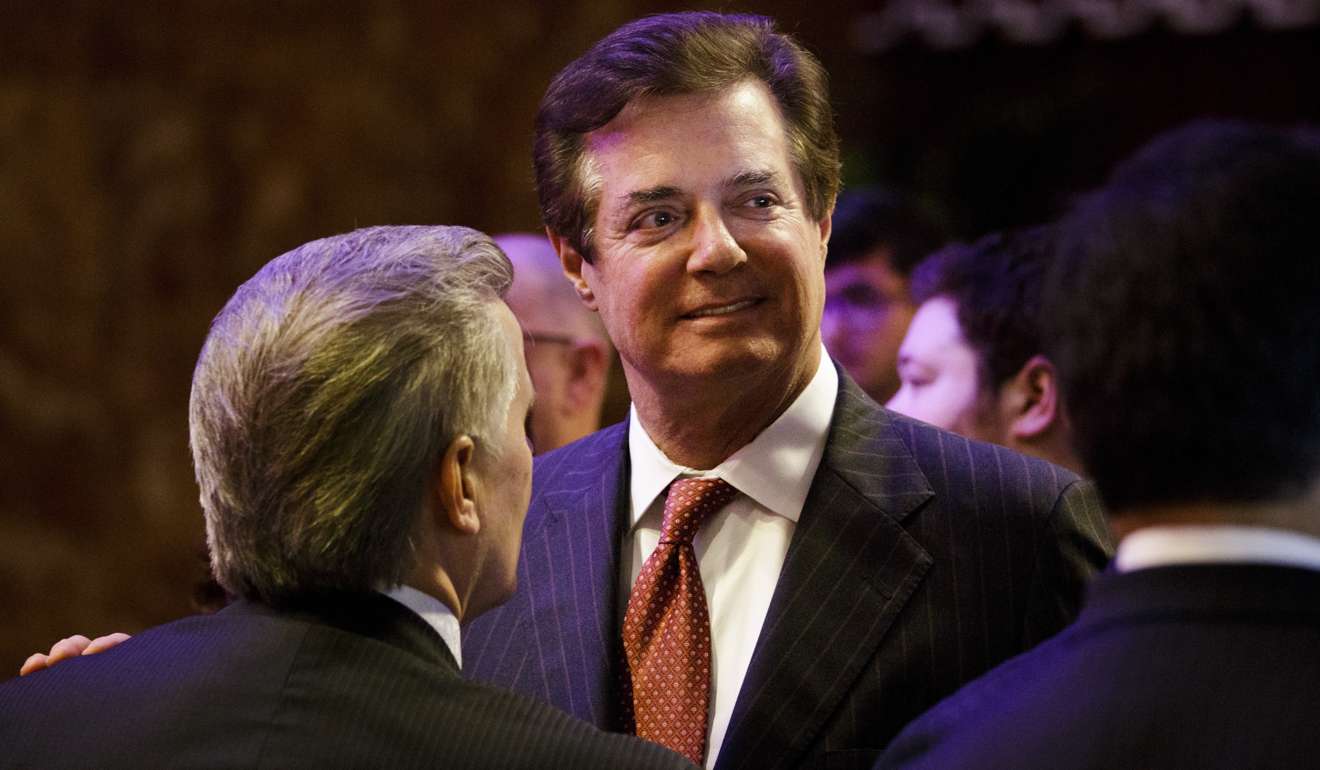
Update | ‘Very un-American!’: Donald Trump accuses FBI and NSA of intelligence leaks that brought down Michael Flynn
The revelations have infuriated Democrats and unsettled Republican leaders wary about Trump’s professed desire for better relations with Moscow
President Donald Trump railed at US intelligence agencies on Wednesday as Washington was shaken by new reports of high-level Russian contacts with his aides and associates during the 2016 presidential campaign.
In a barrage of early morning tweets, Trump accused the US intelligence community of being behind the leaks, directly pointing the finger at the National Security Agency and the FBI.
“The real scandal here is that classified information is illegally given out by “intelligence” like candy,” Trump wrote in one tweet. “Very un-American!”
In Moscow, Kremlin spokesman Dmitry Peskov dismissed the latest allegations.
“Don’t believe newspaper reports, it’s very difficult at the moment to differentiate them from falsehoods and fabrications,” Peskov told reporters. “If you don’t mind let’s wait and let’s not believe anonymous information, which is information based on no fact.”
The revelations have infuriated Democrats and unsettled Republican leaders wary about Trump’s professed desire for better relations with Moscow.
“This ongoing story is a perfect piece of evidence as to why we should not trust Russia,” House Speaker Paul Ryan told MSNBC.
Intercepted calls and phone records show Trump aides were in repeated contact with Russian intelligence officials at least a year before the US elections, The New York Times reported, citing current and former US officials.
The latest bombshell plunged the 26-day-old administration deeper into crisis over Russia’s alleged ties to Trump’s team and its attempts to influence the outcome of the election.
It comes two days after Trump fired his national security adviser, Mike Flynn, for misleading Vice-President Mike Pence over his discussions about sanctions with Moscow’s ambassador to Washington.

At his joint news conference with visiting Israeli prime minister Benjamin Netanyahu, Trump said:
“I think it’s very, very unfair what’s happened to General Flynn, the way he was treated, and the documents and papers that were illegally, I stress that, illegally leaked. Very, very unfair,” he said.
Trump also insisted that Flynn was “a wonderful man” and said that he thought his former national security adviser “has been treated very, very unfairly by the media, as I call it the fake media in many cases”.
Republicans and Democratic lawmakers have now called for an investigation into what happened, although they differ sharply on the scope and powers of the probe.
Democratic Senator Elizabeth Warren insisted that Trump “owes Americans a full account” of his campaign and administration’s dealings with Moscow.
The Senate’s top Republican Mitch McConnell said it was “highly likely” that Flynn would have to testify before an intelligence panel.
The US intelligence agencies concluded in January that Russian President Vladimir Putin personally ordered a wide-ranging campaign to disrupt and ultimately influence the US elections in Trump’s favour.
The issue reignited following disclosures last month that Flynn, a retired general and former head of the Defence Intelligence Agency, made five phone calls with Russia’s ambassador to Washington, Sergey Kislyak, on December 29.
That was the same day that outgoing president Barack Obama was launching retaliatory sanctions against Russia for its meddling in the elections.
When the phone calls came to light, Flynn denied to Vice-President Pence and other White House officials that he had discussed the sanctions with Kislyak, and Pence repeated the denial in a television interview on January 15.
On January 26, acting attorney general Sally Yates informed the White House legal counsel that intelligence intercepts show that Flynn was lying about the nature of the call, the White House acknowledged on Tuesday.
White House spokesman Sean Spicer said Trump was told about the intercepts immediately. But Pence was kept out of the loop for two more weeks.
Spokesman Marc Lotter said the vice president only learned about it in media reports on February 9.
Spicer said Flynn was not acting on Trump’s instructions when he discussed the sanctions with Kislyak, but questions have been raised about why it took Trump so long to fire his national security advisor.
The White House counsel “determined that there is not an illegal issue, but rather a trust issue,” Spicer said.
“The evolving and eroding level of trust as a result ... is what led the president to ask for General Flynn’s resignation.”
Flynn is the third Trump aide to step back amid questions about his ties to Russia since the mogul began his improbable White House bid.
His departure follows those of Manafort and Carter Page, an early foreign policy advisor to the candidate.

With the White House under mounting pressure, the US line on Russia appears to be hardening despite Trump’s oft-proclaimed admiration for Putin.
“President Trump has made it very clear he expects the Russian government to de-escalate violence in the Ukraine and return Crimea,” Spicer said.
The State Department expressed concern that Russia is in breach of the Intermediate-Range Nuclear Forces Treaty, after reports that Moscow had deployed an operational ground-launched cruise missile unit.
Russian Foreign Minister Sergei Lavrov plans to meet his US counterpart Rex Tillerson on Thursday in Germany, when both diplomats will be in Bonn for the G20 ministerial talks.
Additional reporting by The Guardian

.png?itok=arIb17P0)